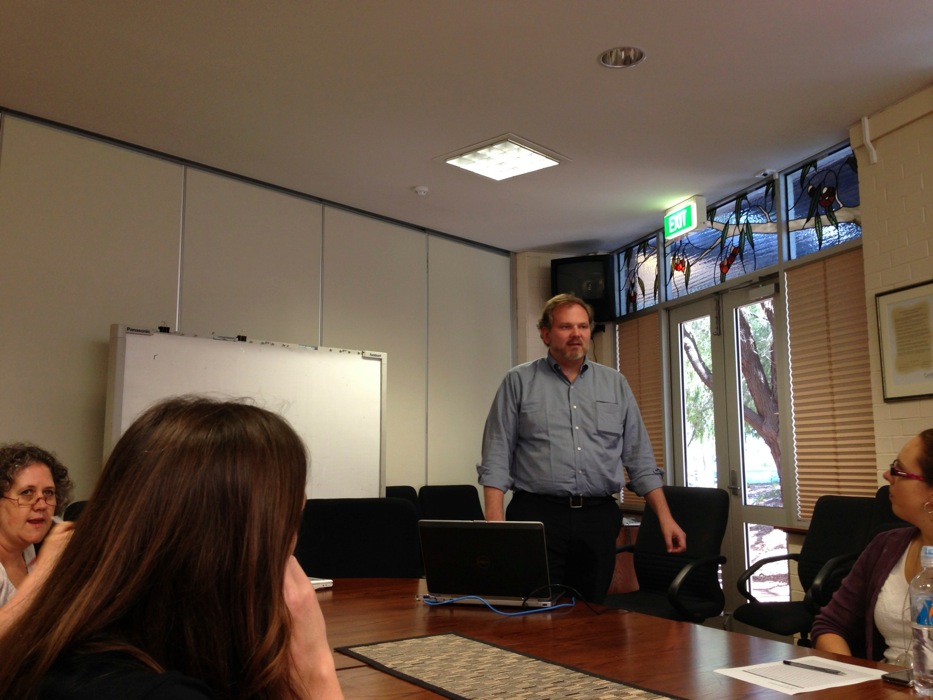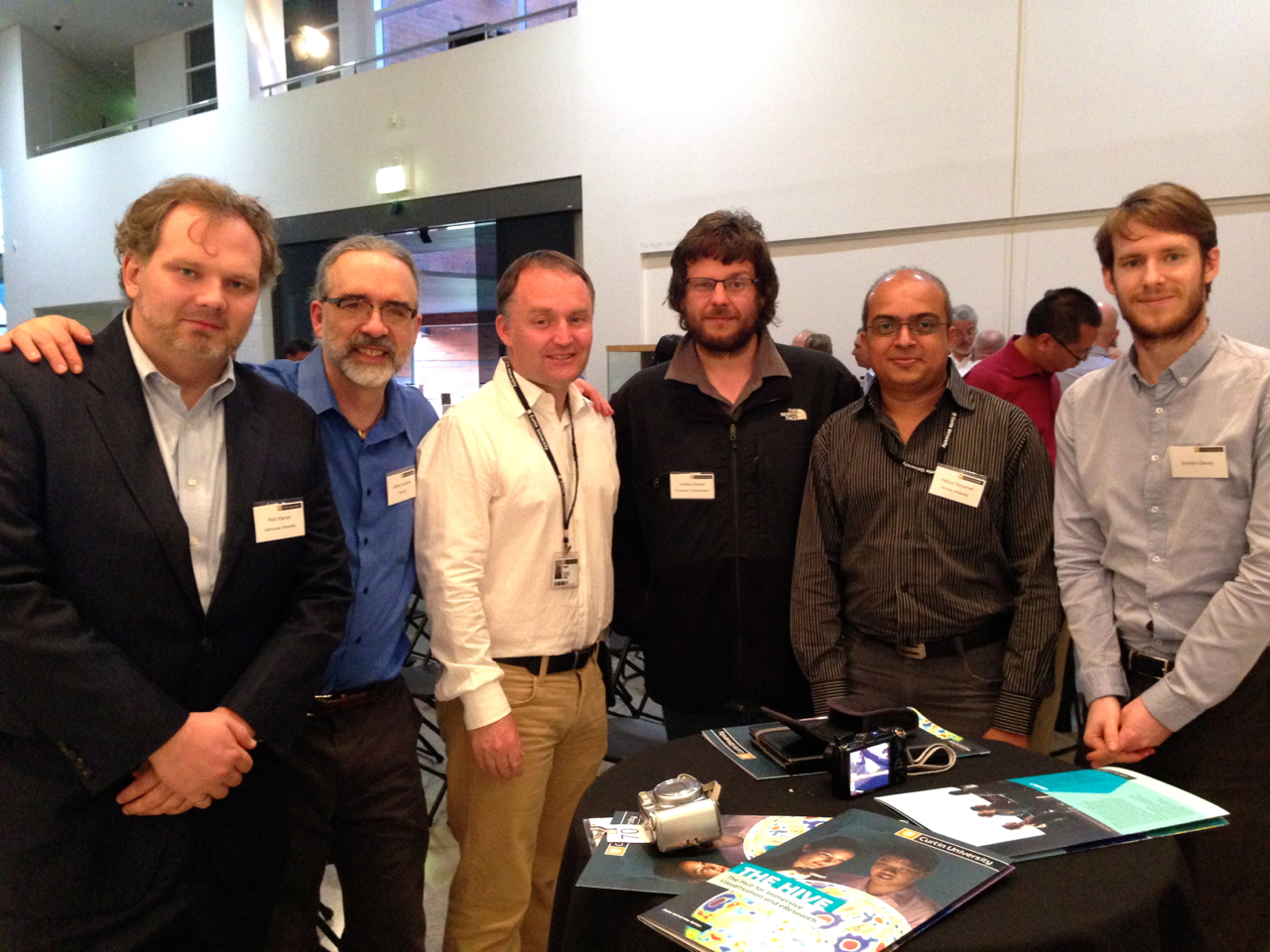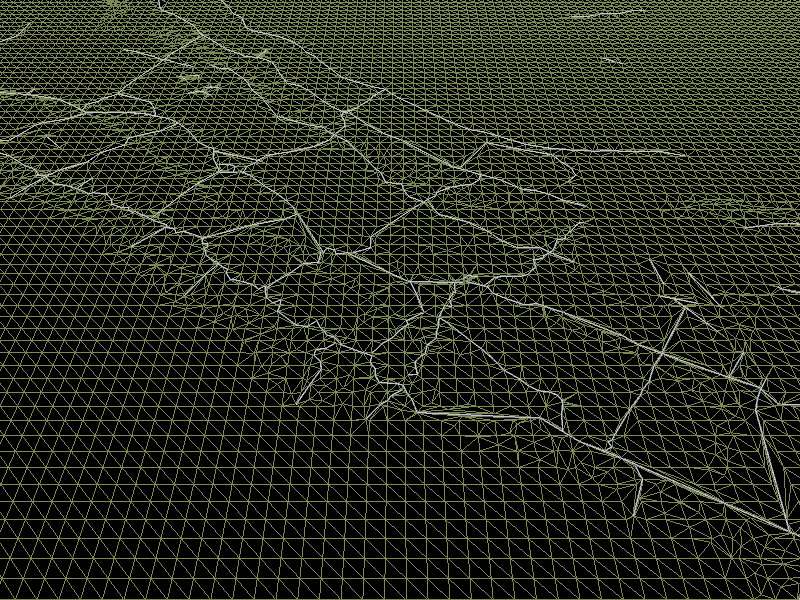 An IBM PureData N1001 computer has been acquired and installed at Dalhousie for use in the Institute's research projects. IBM describes this machine as,
An IBM PureData N1001 computer has been acquired and installed at Dalhousie for use in the Institute's research projects. IBM describes this machine as,
"a high-performance, scalable, massively parallel system that enables clients to perform analytics on enormous data volumes. Big data volumes are made simpler, faster and more accessible. This system, powered by Netezza technology, is designed specifically for running complex analytics on very large data volumes, orders of magnitude faster than competing solutions."
Thanks to CFI LOI funding we are looking forward to the use of this powerful data handling system in the Institute projects.





